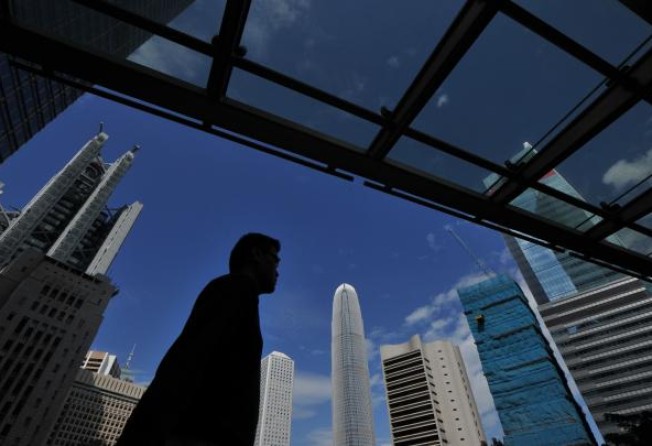Greener buildings benefit everyone
Thomas Ho says more Hong Kong companies should take a cue from those that have pledged to make their buildings more energy efficient

Hong Kong has a reputation for conspicuous consumption. This story is about inconspicuous un-consumption: the invisible work of a few, normally very visible companies to create value from energy conservation.
Last week, 18 member companies of the Business Environment Council and Climate Change Business Forum pledged to cut their energy use, and thus carbon emissions, from the commercial buildings they control. The commitment entails establishing an energy/carbon baseline; setting a target consistent with transformational change; and reporting annually on their progress.
A couple of things are notable about this. First, it shouldn't be news. All companies with an eye on the bottom line should astutely manage their energy use. But they are not motivated because the financial incentives are almost uniformly perverse. Hong Kong's astronomical property prices mean energy costs, and thus potential savings, pale in comparison to the price of rent: demotivating factor No 1. The gas and coal contracts our power firms have negotiated keep electricity prices low, further weakening the business case for energy efficiency: demotivating factor No 2. The lack of a system to identify, and help create demand for, certified energy-efficient buildings further complicates the challenge.
Second, each of the companies pledging to cut their energy use is already committed to smart energy management. Collective leadership in building energy efficiency sends an important message. Buildings consume 40 per cent of energy globally, but the figure reaches almost 90 per cent in Hong Kong. The opportunity for savings is legion. Any business can reduce its energy use; every business should.
The actual steps to saving energy involve actions such as upgrading lighting and chiller plants, and calculating the optimum control settings for time of day, time of year and weather. These are the dominion of engineers. To the rest of us, they are as invisible as the carbon they save.
But, fortunately, the result of collective savings will be perfectly clear: clearer skies over Hong Kong, as reduced energy demand results in less need to burn fossil fuel.
Is the motive altruistic? It doesn't have to be. Energy savings contribute directly to a corporation's bottom line. Smart management of resource inputs like energy also contributes to business competitiveness. And the companies that do best at this often find new pathways to innovation. In fact, a growing body of evidence suggests that companies that prioritise sustainability are rewarded in the market.
One aspect of environmental performance that most Hong Kong companies can contribute to is building energy efficiency. How is it done? Hong Kong has a plethora of resources and expertise to answer this question.
The Climate Change Business Forum will release new research this month that presents data on energy- and carbon-saving technologies. These technologies, which can substantially change the energy and carbon profile of commercial buildings in Hong Kong, will make sense to the engineers. The value of this change will make sense to all of us.
Thomas Ho is chairman of the Climate Change Business Forum